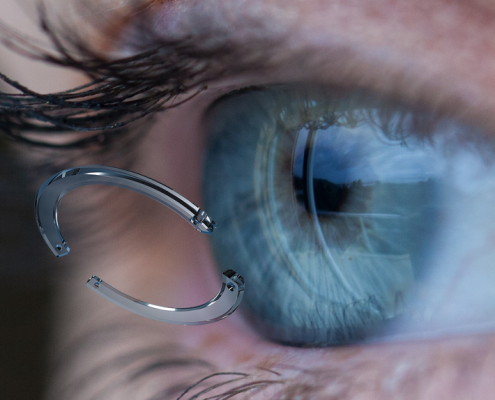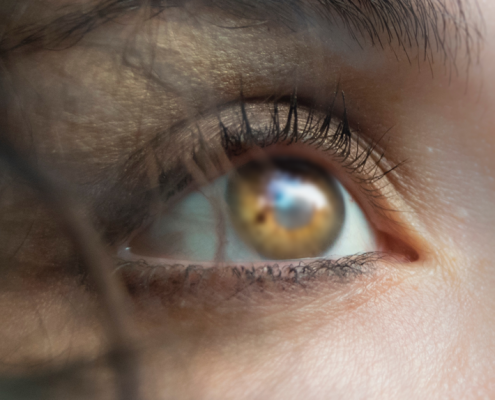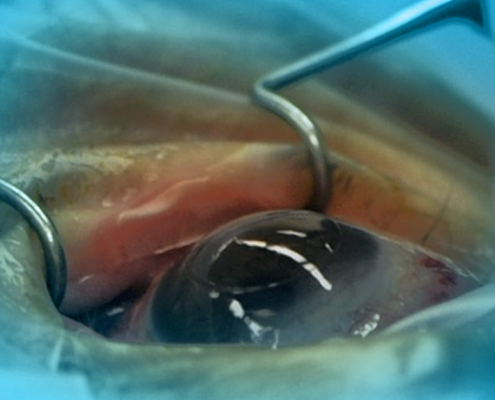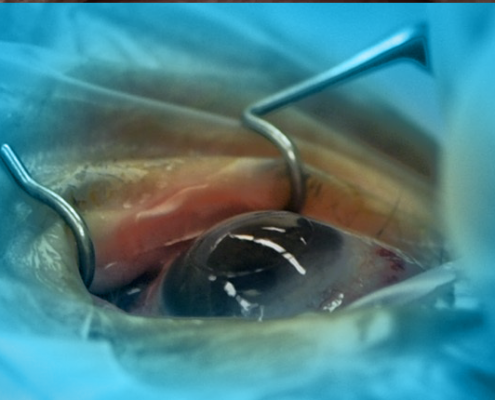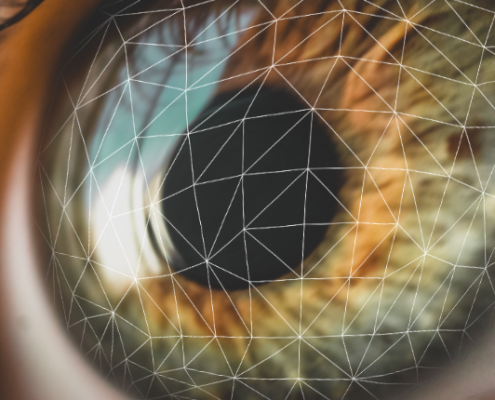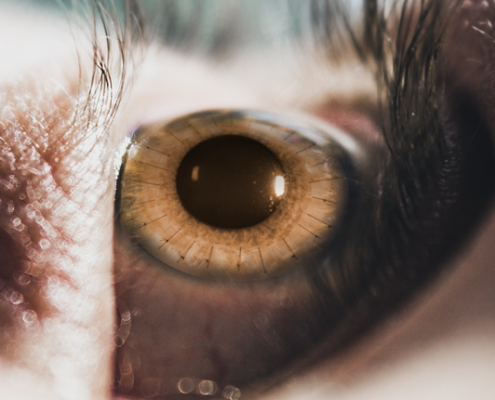How Collagen Cross-Linking Can Treat Your Keratoconus
Keratoconus causes the clear area at the front of your eye (cornea) to thin and bulge into a cone shape. Left untreated, this leads to varying degrees of visual distortion that greatly impair your ability to see clearly.
Our board-certified ophthalmologists at VIP Laser Eye Center offer the most advanced eye care available in a warm and welcoming environment that’s always focused on providing you the best vision possible.
Read what these experts want you to know about keratoconus and how collagen cross-linking can preserve your eyesight.
Understanding keratoconus
Your cornea, sometimes called the window of the eye, normally has a smoothly curved dome-like shape. Tiny collagen fibers with cross-links that act as stabilizers in the corneal tissue help hold its form.
Keratoconus causes thinning and weakening of these fibers, which allows the cornea to bulge outward like a cone. This irregularity affects the way light refracts (bends) off the cornea and lens of your eye and skews the shape of the images you see.
Corneal changes linked to keratoconus typically start between the ages of 10 and 25 and progress over time.
Sometimes keratoconus can lead to a sudden worsening of vision when the inner lining of the cornea breaks down, causing abnormal fluid levels in the tissue (hydrops), which may result in corneal scarring.
What are the symptoms of keratoconus?
Symptoms of keratoconus generally affect both eyes but may be worse in one eye and increase as the condition worsens. Signs to watch for include:
- Blurred or distorted vision
- Double vision when looking through one eye
- Frequent changes in eyeglass prescriptions
- Sensitivity to bright light and glare
- Difficulty seeing clearly at night, especially when driving
- Sudden worsening or clouding of vision
- Halo effects around lights
- Eye redness and irritation
Note that glasses or contact lenses may correct your vision adequately early in the disease, but corneal transplant may be required once the condition advances.
What is collagen cross-linking?
Collagen cross-linking is a nonsurgical treatment that greatly slows and even stops the progression of keratoconus, thus preventing the need for a corneal transplant.
During this in-office procedure, we saturate the cornea with riboflavin (vitamin B2) eyedrops followed by UV light exposure for up to 30 minutes. This strengthens the collagen crosslinks that help the corneal tissue hold its current shape, thus reducing the risk of progressive vision loss by stabilizing the cornea.
We discuss aftercare and expected results in detail before scheduling the procedure, but you may experience increased blurring of your vision for a few weeks following cross-linking. Many patients have noted continued improvement in their vision over several months as the collagen cross-linking takes effect.
Cross-linking is painless and the results generally last for many years, potentially lifelong. The key, though, is undergoing treatment before the condition has advanced to the point that your vision is not correctable with glasses or contacts.
For more information regarding cross-linking and the other treatments we offer for keratoconus, schedule an evaluation at VIP Laser Eye Center today.


